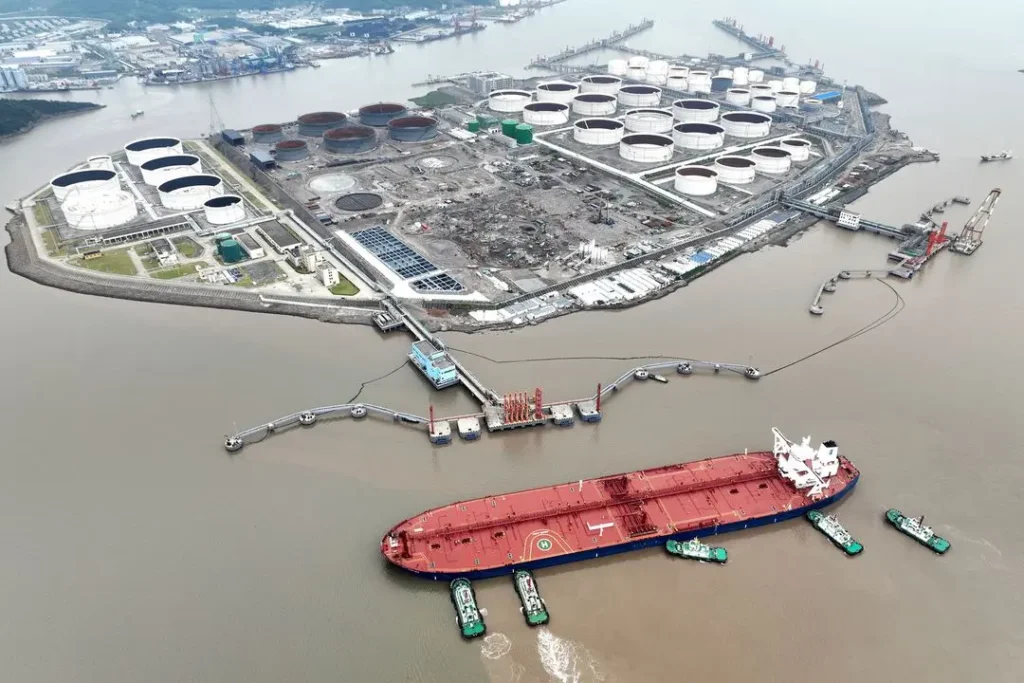Oil prices dipped on Monday as fears of a global recession caused concerns that fuel demand growth will slow, though supply worries ahead of the European Union embargo on Russian oil in December limited declines.
Brent crude futures for November settlement fell 46 cents, or 0.5 per cent, to $90.89 a barrel by 0701 GMT.
US West Texas Intermediate (WTI) crude futures for October delivery was at $84.46 a barrel, down 65 cents, or 0.8 per cent. The October WTI contract expires on Tuesday and the more active November contract as at $84.12, down 64 cents.
Both contracts climbed more than $1 earlier on Monday. Last week, oil futures slid more than 1 per cent on concerns that another interest rate hike by the Federal Reserves could slow global growth.
The dollar took a bullish turn on Monday as investors braced for a packed week of central bank meetings that are certain to see borrowing costs rise across the globe, with some risk of a super-sized hike in the United States. A stronger US dollar makes dollar-denominated commodities more expensive for holders of other currencies.
Despite fears of dampening fuel demand, ongoing supply concerns capped price declines.
“The market still has the start of European sanctions on Russian oil hanging over it. As supply is disrupted in early December, the market is unlikely to see any quick response from US producers,” ANZ analysts said Monday.
Easing COVID-19 restrictions in China could also provide some optimism, the analysts said.
China has started easing COVID curbs in Chengdu, a southwestern city of more than 21 million people, which has helped to soothe concerns about demand in the world’s No. 2 energy consumer. China’s gasoline and diesel exports also rebounded, easing high local inventories, after Beijing issued fresh quotas.
Meanwhile, Kuwait Petroleum Corporation’s (KPC) chief executive said on Sunday its customers still demand the same volumes with no change. The Gulf state currently produces more than 2.8 million barrels per day of oil in accordance with its OPEC quota, he said.
Oil loading and exporting operations from Iraq’s Basrah oil terminal are back to their normal rates on Saturday, Basrah Oil Company said, a day after being halted due to a spillage which has now been contained.
In Nigeria, Shell’s 200,000 barrels per day Bonga deep water storage and offloading vessel is scheduled for maintenance in October, a spokesperson said on Sunday.




